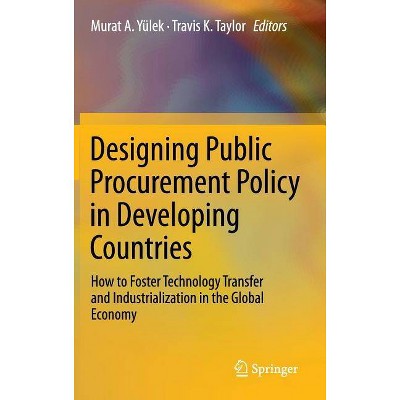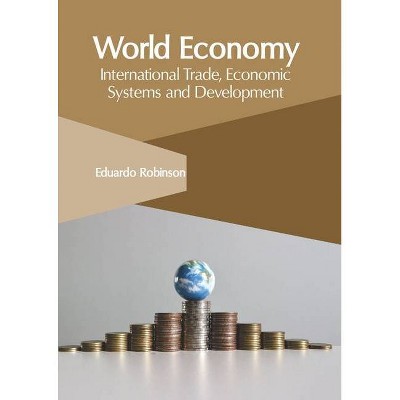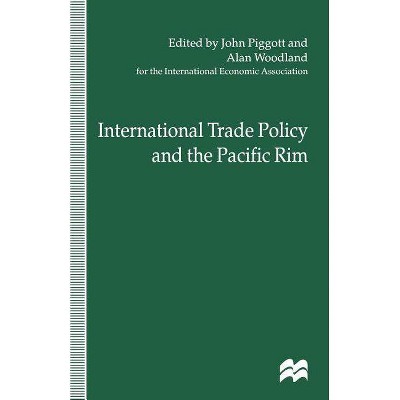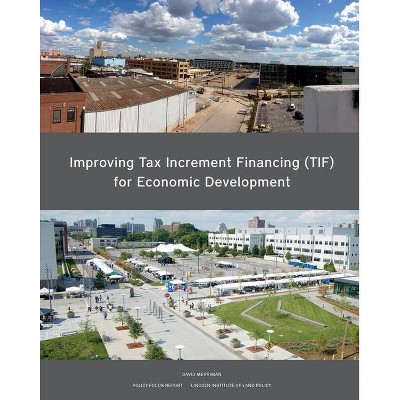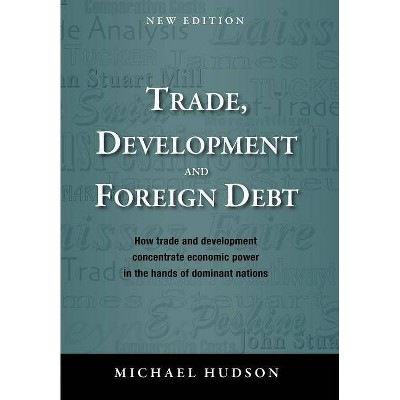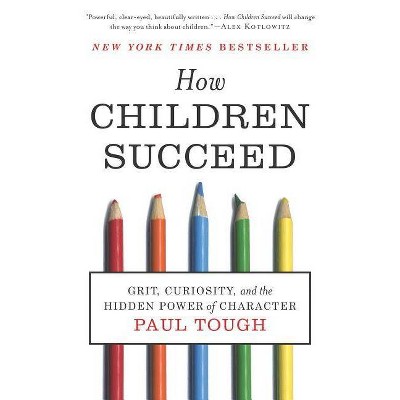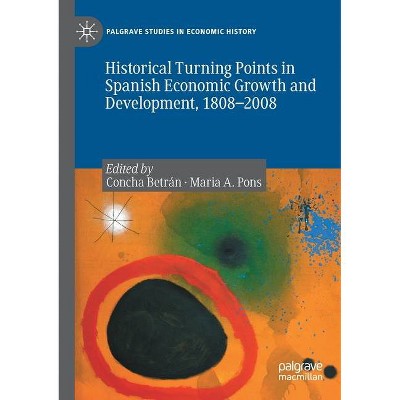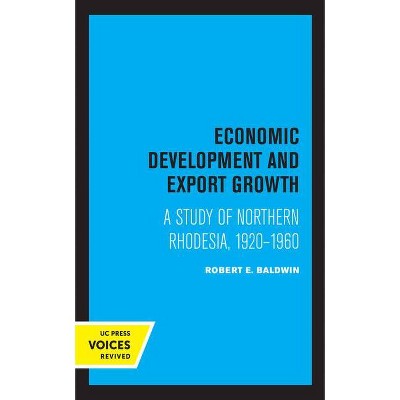How Nations Succeed: Manufacturing, Trade, Industrial Policy, and Economic Development - by Murat A Yülek (Paperback)
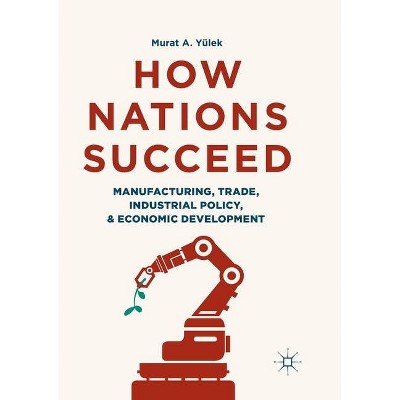
Similar Products
Products of same category from the store
AllProduct info
<p/><br></br><p><b> Book Synopsis </b></p></br></br>This book assesses developmental experience in different countries as well as British expansion following the industrial revolution from a developmental perspective. It explains why some nations are rich and others are poor, and discusses how manufacturing made economies flourish and spur economic development. It explains how today's governments can design and implement industrial policy, and how they can determine economically strategic sectors to break out of Low and Middle Income Traps.<br>Closely linked to global trade and (im)balances, industrialization was never an accident. Industrialization explains how some countries experience export-led growth and others import-led slowdowns. Many confuse industrialization with the construction of factory buildings rather than a capacity and skill building process through certain stages. Industrial policy helps countries advance through those stages. <br>Explaining technical concepts in understandable terms, the book discusses the capacity and limits of the developmental state in industrialization and in general in economic development, demonstrating how picking-the-winner type focused industrial policy has worked in different countries. It also discusses how industrial policy and science, technology and innovation policies should be sequenced for best results. <br><p/><br></br><p><b> From the Back Cover </b></p></br></br><p>"Illuminates one of the most important questions of our time, 'Why does manufacturing matter?' interweaving economics with history, theory and empirics from an international perspective."<br>--<b>Franco Mosconi</b>, Jean Monnet Professor, Universitá degli Studi di Parma, Italy</p> <p>"Brilliant, incisive analysis of industrialization; significantly improves the understanding of industrialization and economic development; a must read for Governments, policy makers, investors, development professionals, and general public."<br>--<b>Vivienne Yeda</b>, Director General, East African Development Bank</p> <p>"A must-read, a tour de force on the theory and policy of industrialization; offers important insights on how countries can avoid the middle-income trap."<br>--<b>Travis Taylor</b>, Honors Program Faculty, Christopher Newport University, USA</p> <p>This book assesses developmental experience in different countries as well as British expansion following the industrial revolution from a developmental perspective. It explains why some nations are rich and others are poor, and discusses how manufacturing made economies flourish and spurred economic development. It considers how today's governments can design and implement industrial policy, and determine economically strategic sectors to break out of Low and Middle Income Traps.</p> <p>Closely linked to global trade and (im)balances, industrialization was never an accident. Industrialization explains how some countries experience export-led growth and others import-led slowdowns. Many confuse industrialization with the construction of factory buildings rather than a capacity and skill building process through certain stages. Industrial policy helps countries advance through those stages.</p> <p>Explaining technical concepts in understandable terms, the book discusses the capacity and limits of the developmental state in industrialization and in general in economic development, demonstrating how picking-the-winner type focused industrial policy has worked in different countries. It also discusses how industrial policy and science, technology and innovation policies should be sequenced for best results.</p> <b>Murat A. Yülek</b> is the Director of the Centre for Industrial Policy and Development at Istanbul Commerce University and has also taught at Georgetown University.<p/><br></br><p><b> Review Quotes </b></p></br></br><br>"The book provides contemporary case studies of successful episodes of industrial policy, such as Sweden's Saab, Europe's Airbus and South Korea's automobile and nuclear reactor industries. Overall, this book is an excellent volume on industrial development and sustainable policies to drive this. One can only expect that the book will have a wide readership, and the information contained within it will be able to change perspectives of the industrial process."<b> (</b>Uchenna R. Efobi, LSE Review of Books, blogs.lse.ac.uk, March 21, 2019)<br><p/><br></br><p><b> About the Author </b></p></br></br><b>Murat A. Yülek</b> is the Director of the Centre for Industrial Policy and Development at Istanbul Commerce University and has also taught at Georgetown University. A widely published former IMF economist and a corporate executive, he has had responsibilities that include corporate finance, development and macroeconomic policy in various countries. <p/>
Price History
Price Archive shows prices from various stores, lets you see history and find the cheapest. There is no actual sale on the website. For all support, inquiry and suggestion messagescommunication@pricearchive.us
